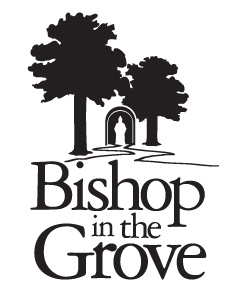Tag: Blood
-

Christian-Pagan Couples Counseling
Pagans don’t want to accept the possibility that the Christian god is real. Doing so might open us up to a diatribe about salvation, our inherent sinfulness, or our “need for conversion”. We’ve had that talk a time or two, and – thank you – we’ll pass. Christians are of the “One and Only God” camp. Not […]
